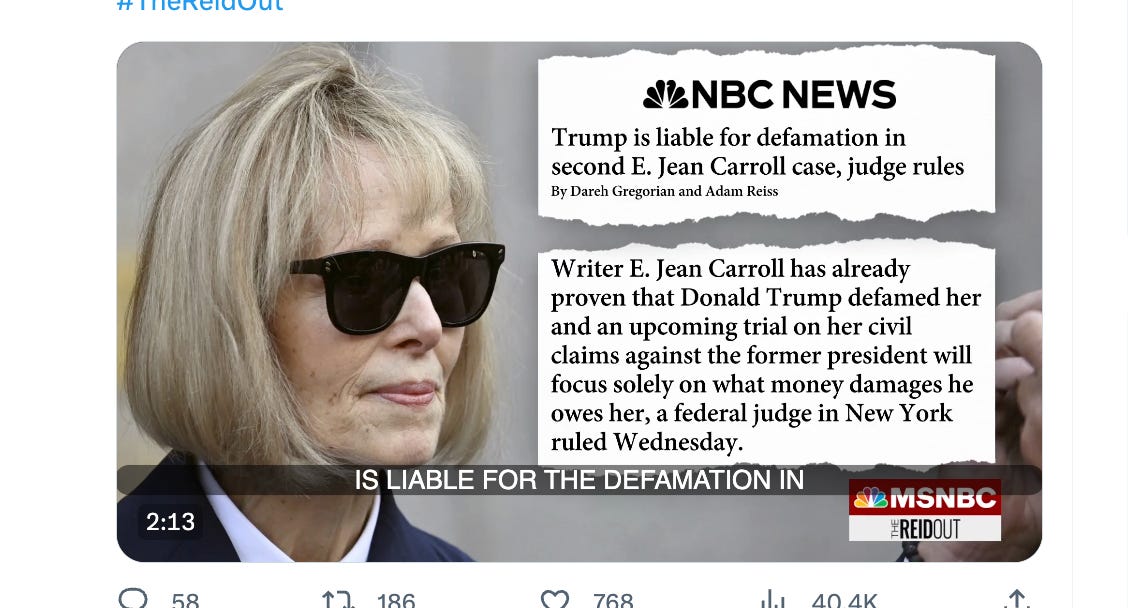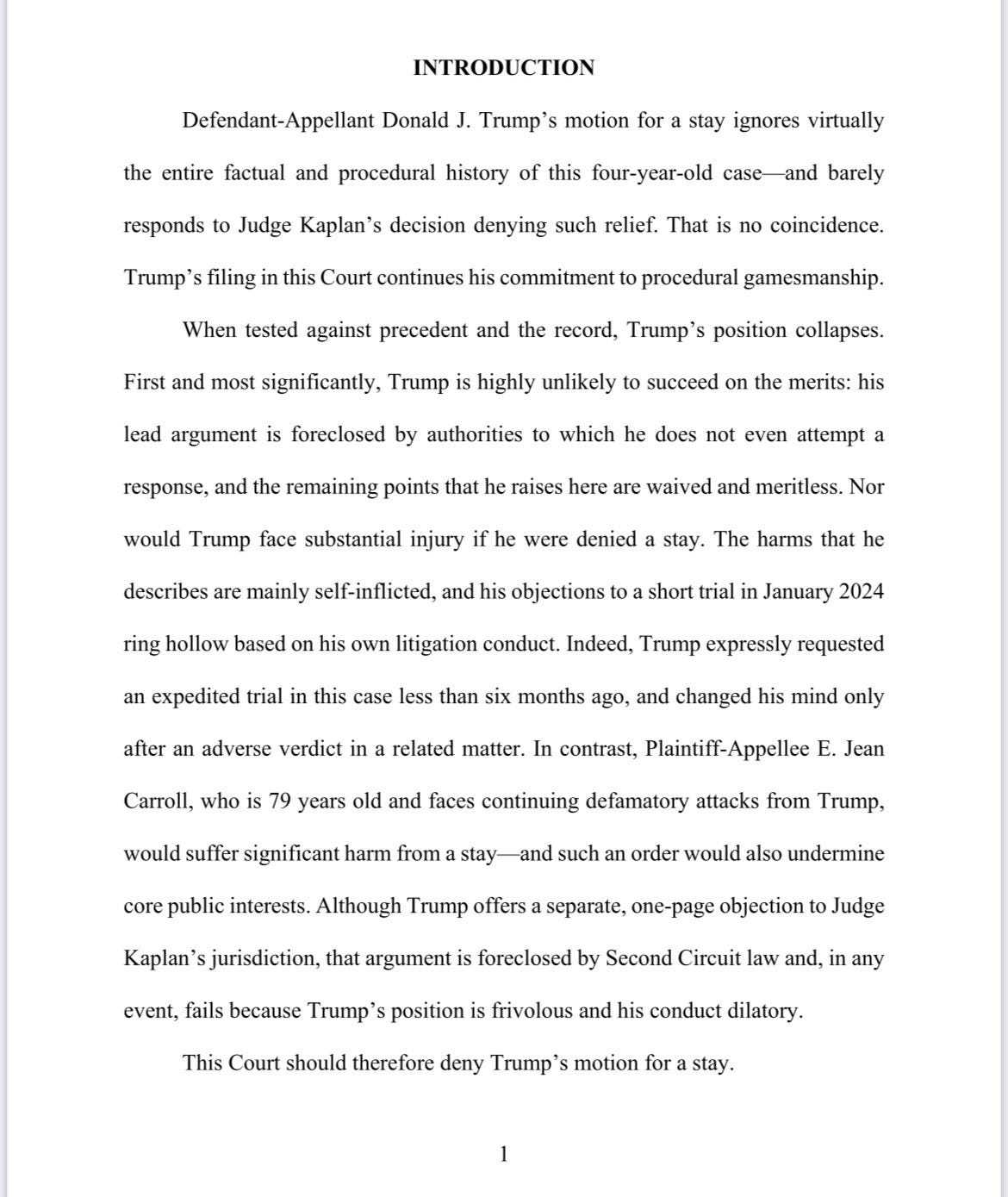Sixties Fan
Diamond Member
- Mar 6, 2017
- 57,281
- 10,913
- 2,140
- Thread starter
- #561

John Eastman declines to elaborate on Trump world discussions about Grassley presiding on Jan. 6
He asserted attorney-client privilege when asked to discuss evidence that Trump's allies considered the Iowa senator playing a role to keep Trump in power.




